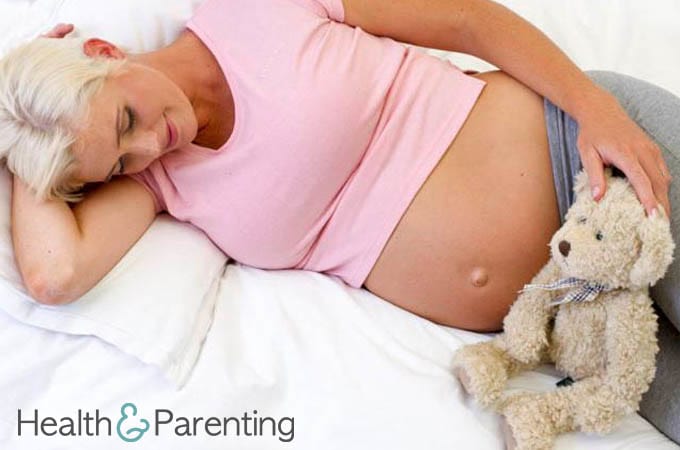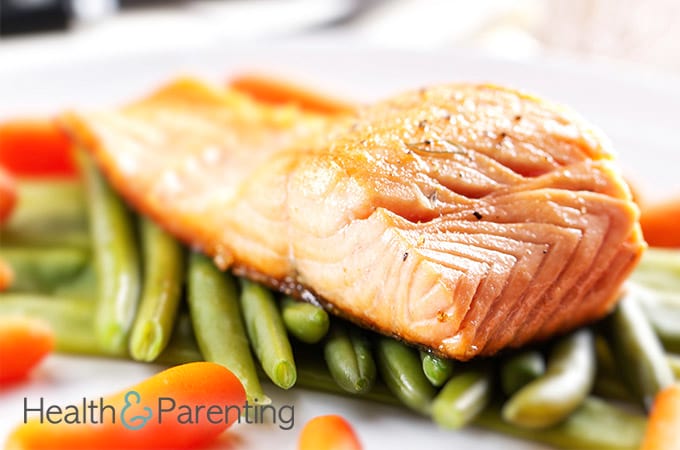All these years, it has been you and your kitty. Now, you find yourself expecting a new bundle of joy, and people keep telling you that you need to get rid of your cat. For eons, there has been a lot of misinformation being spread around the prenatal world making woman fearful that owning a cat while pregnant could cause them to miscarry, or give birth to a baby with birth defects.
So, what is the real scoop? Do you have to ditch the kitty in order to protect you and your baby from toxoplasmosis?
The answer is a resounding no. Toxoplasmosis is a parasitic infection that is mostly caused by eating raw or undercooked infected meat, but you can also get the parasite by eating unwashed contaminated produce, drinking contaminated water, or handling contaminated soil, cat litter, or meat and then touching your mouth, nose, or eyes. It is also caused from coming in contact with the feces from a cat. And unfortunately, since cat feces is often the culprit, many pregnant women are encouraged to get rid of their cats during pregnancy.
In a normal, healthy un-pregnant person, the symptoms of this illness normally go unnoticed. However, during pregnancy – there is a risk that becoming infected can also infect the placenta and your unborn baby, causing birth defects and even stillbirth. According to the CDC, in the United States it is estimated that only around 1% of all babies born are infected with toxoplasmosis. More importantly however – you don’t have to get rid of your cat simply because you are pregnant.
If you have a cat and are pregnant, then you need to take some basic precautions. First and foremost is to wash your hands after you touch your cat, and MOST IMPORTANTLY is to leave the cleaning of the litter box to someone else in the family while you are pregnant. The litter box should be cleaned DAILY because the parasite that causing toxoplasmosis can live in cat litter for months, and the litter remains should be taken outside of the house. The person cleaning the litter box should use gloves and should also wash their hands afterwards. Additionally, avoid giving your cat any undercooked or raw meats and stick to commercial cat foods. If your cat likes to hunt down prey outdoors, this risk of them contracting toxoplasmosis is higher (but you will not likely know they have it) – so you should try to handle your cat as little as possible.
It is also in your best interest to avoid kittens or cats that you don’t know while you are pregnant.
As mentioned earlier, your cat is not the only source of toxoplasmosis. In fact, you are more likely to get it from eating undercooked meats than you are to get it from your cat. This is just one reason why health care professionals advise pregnant woman to avoid raw eggs, unpasteurized dairy products and smoked or salt-cured meats like salami during pregnancy.
All in all, you shouldn’t let fear make you get rid of your beloved pet. This risk of infection, especially if you are armed with the right information and take careful precautions, is very low. While you may have to be careful around your cat before and during your pregnancy – it is still okay to own a cat.
Written By Stef, Mother of 4 @MOM-SPIRATIONAL
This information is not intended to replace the advice of a trained medical doctor. Health & Parenting Ltd disclaims any liability for the decisions you make based on this information, which is provided to you on a general information basis only and not as a substitute for personalized medical advice. All contents copyright © Health & Parenting Ltd 2018. All rights reserved.
















